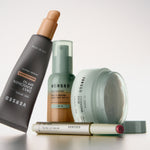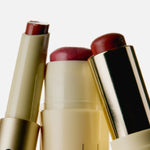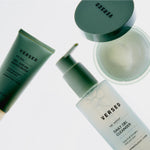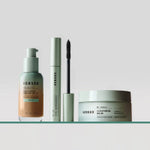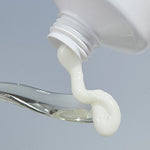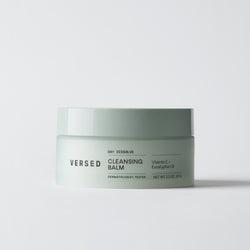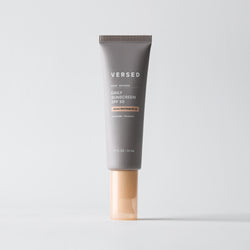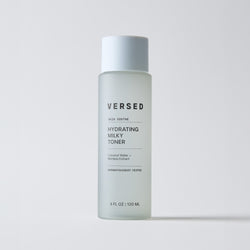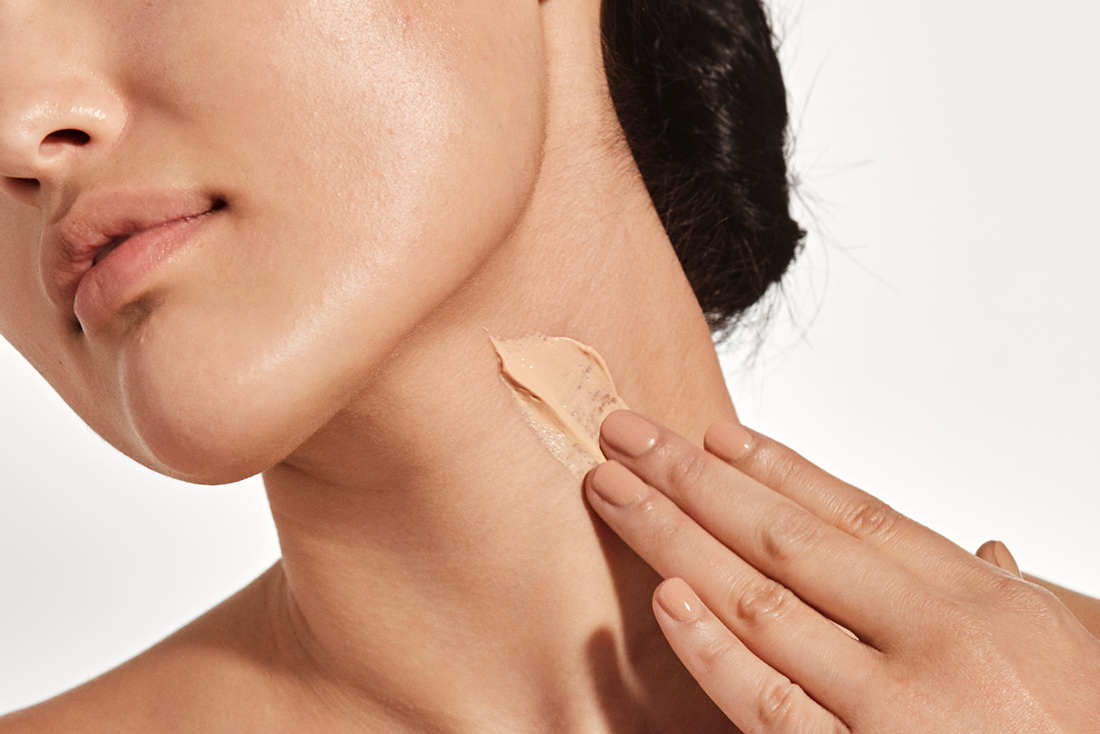Whether you’re targeting dark circles or focusing on those pesky breakouts, we all have specific goals in mind when building a skincare regimen. But if you’re not including your neck and chest—or décolletage, as the French coined it—in the process, you're missing out, especially if you're hyper-focused on aging skin. While this area is just as important as the rest of your face, it’s often overlooked. Read on for all the reasons to give your neck and chest some TLC and how to take care of both during your skincare routine.
Why Apply Skincare to Your Neck and Chest
The skin on your neck and chest is very thin, which makes it more susceptible to damage than other areas of your body (ever notice how easy it is to get sunburned there?). On top of that, your neck and chest contain less sebaceous glands than your face does, meaning it produces less oil. And since dryness is one of the under-the-radar causes for fine lines and wrinkles, this explains why you may first notice signs of aging around your décolletage (tech neck, anyone?). That's why we advise applying some formulas, like our Gentle Retinol Serum, on your neck and chest, too. Here’s something else to think about: If you’re exclusively using skincare products on your face, your neck and chest are going to stick out. You wouldn’t want a brighter skin tone yet leave the rest of your body looking dull, right? Give these areas equal amounts of love to earn an overall even-toned complexion.What Products Should I Use?
If you’re already wondering how to fit yet another step in your skincare routine: Don’t fret. Luckily, your neck and chest don’t require much more than what you are already doing for your face (no, you don't need that expensive neck cream). We recommend simply following this routine:
1. Cleanse and exfoliate to remove dirt and bacteria in the shower like you do for the rest of your body.2. Treat this area using the same toners, serums, and peels you use on your face—specifically focusing on those products that hydrate and tackle aging.
3. Body acne can sometimes frequent the chest area too; in that case, spritz Back-Up Plan there whenever you feel a breakout coming on.
4. Keep this area smooth and supple with a moisturizer and/or facial oil.
5. Finally, apply your SPF! Again, your neck and chest are extremely prone to sun damage, making sunscreen application—not just on your face—a must. If you’re planning on spending an extended amount of time outdoors, consider wearing a wide-brimmed hat and seeking out some shade to give skin some extra coverage.
